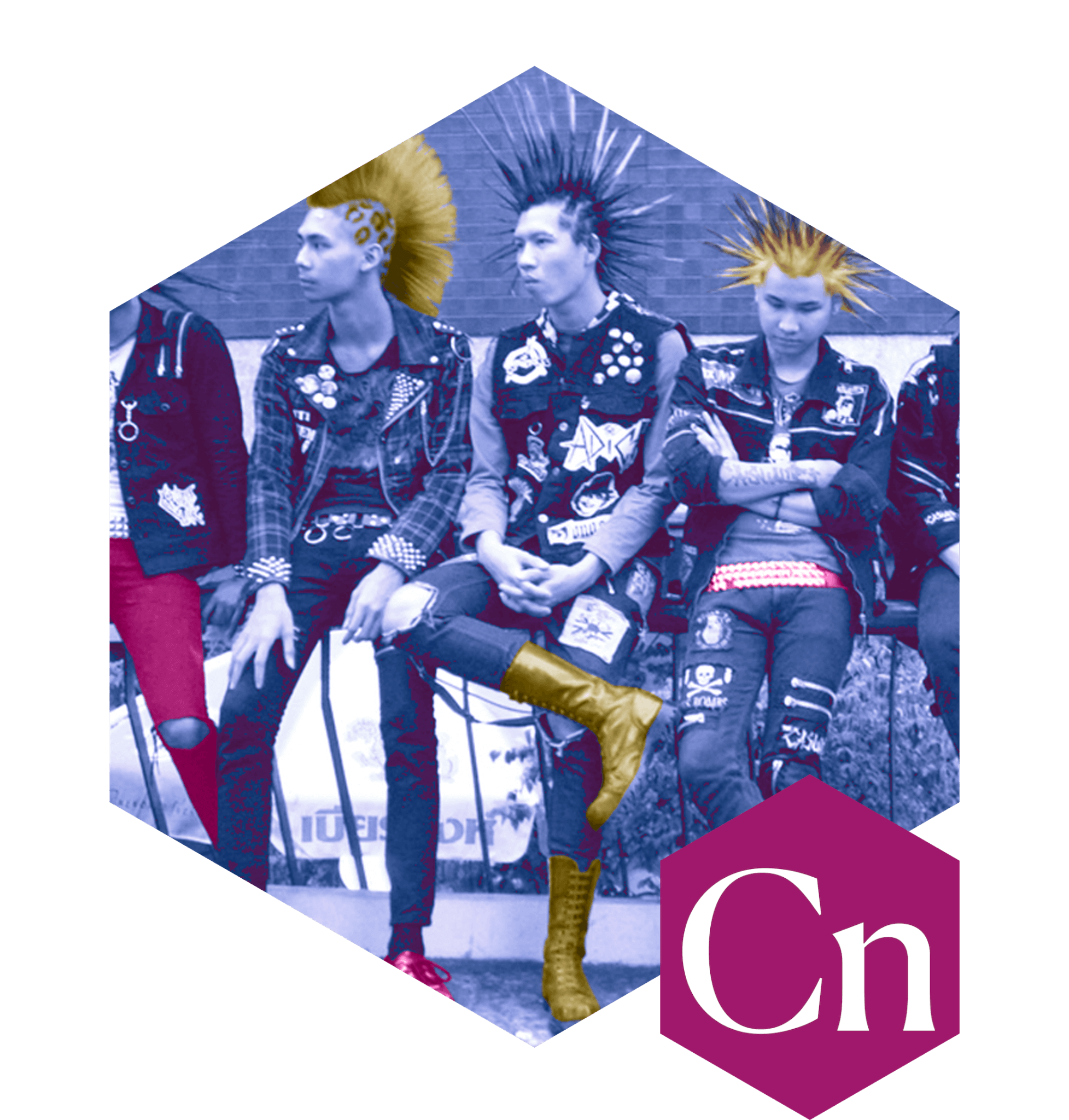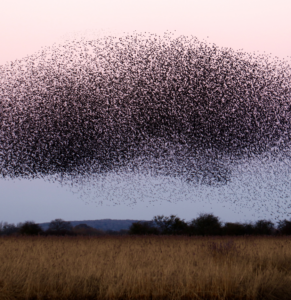History
At first, in the 1980s, Faith and her global team of TalentBankers noticed that people were choosing to gather with smaller, more narrowly defined groups – whether by religion, hobbies, careers, or food preferences. There was a movement towards congregating with PLUs (People Like Us), who reflected one’s own beliefs. As the pace of the world sped up and connectivity increased, finding familiarity and a sense of self in a fragmented world became an increasingly powerful need. Consider some of the early signals of Clanning: The wearing of ribbons to show solidarity against drunk driving, AIDS and other causes. Ladies of Harley was formed for female fanciers of the motorcycle brand. New kinds of schools sprung up to reflect parental interest in environmentalism, tech, or visual arts.
This yearning escalated as consumers gathered into ever more discrete groups. For example, there were dating sites for snake-owners, salad-lovers, and skateboarders. The Internet allowed people to “clan” in groups that re-affirmed their identity. Meetup.com connected people who love horses, photography, Buddhism, environmentalism, Korean BBQ or almost any other pursuit to align. Coworking spaces for women only and for fitness-minded people blossomed. Additionally, online communities proliferated, allowing people to live in echo-chambers of their own beliefs, hearing nothing but the political and other views that they chose to curate. Products that recognized an individual’s “clan” became powerful lures, from the craft beer boom to hotels that were designed for a hipster clientele.
Practical Application
Faith Popcorn’s BrainReserve has applied this Trend to weave brands into the emerging culture. For example, when consulting with Citi, the team shared its vision of how a rising Clan of highly success global entrepreneurs were reshaping society. As part of this engagement, Faith and her colleagues developed the tagline “The World’s Citi,” which was adopted throughout the company’s communications. By heeding the vision of Faith Popcorn’s BrainReserve, Citi was able to elevate their reputation as the Tomorrow-thinking financial services company that truly understood the values and needs of this tribe.
Present
As this Trend evolves, Faith and her team see new directions: Increasingly, consumers live in ever smaller “clans” as divisiveness rises. Forget the Melting Pot we supposedly live in; consumers are aligning into virtual clans. They protect themselves from stress and agitation by only interacting in their own echo chamber of similar beliefs (be they political, spiritual or lifestyle-driven), even if this community has no IRL roots. As Digital Nomadism rises, people can choose to create temporary homes in communities that reinforce their values – networks of shared housing for those who embrace a Childfree by Choice lifestyle, say, or those who are CSR entrepreneurs or who live with minimal possessions. As demographic shifts happen, and the birthrate in developed nations continues to plummet, “clans” represent a newly powerful form of chosen family.
Future
Clanning will evolve in head-spinning ways as we can connect with those who share certain strands of genetic material or those who have had the same DNA-editing as we’ve had. Perhaps our implanted chips will parse our minds and moods and steer us towards likely allies.
Consumers will also deeply Clan with tech. Befriending avatars and spending time with visualizations of people from centuries in the past or in the future will be commonplace. And just like Akhiko Kondo, the Japanese man who married a hologram, more and more people will find their community with bits of code.
Trend Pairings
Clanning often pairs with Egonomics, the customization Trend. Both of these convey the consumer’s need to have their individuality recognized. Messaging, products and services need to be personalized to new levels and resonate with core beliefs.
Clanning also aligns with Anchoring, the Trend that tracks how consumers look for spiritual and traditional grounding. Both of these cultural currents express a yearning for belonging – a need for a heightened sense of community.





